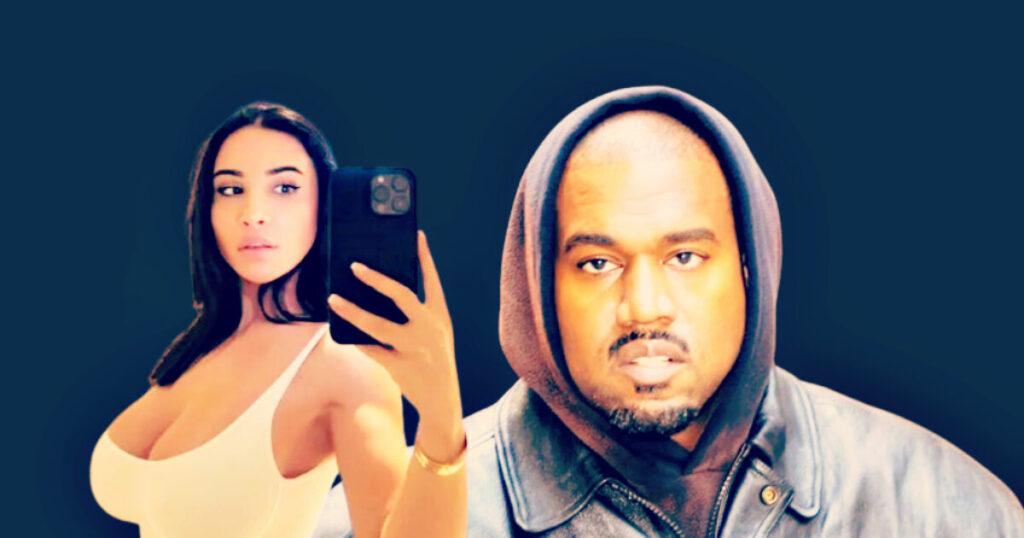This year has seen a surge in sexual harassment lawsuits against prominent rappers, with the recent spotlight on figures like Sean ‘Diddy’ Combs and Kanye West. The controversy surrounding Combs has already laid the groundwork for potential ramifications that could ensnare other famous individuals in the entertainment industry. In an unfolding scandal, West’s former assistant, Lauren Pisciotta, has leveled severe accusations against him, claiming she was drugged and sexually assaulted during a studio session in Santa Monica, California. This lawsuit intensifies the atmosphere of scrutiny and fear permeating the music industry, highlighting the pervasive issues of harassment and abuse within an established culture of silence.
In her explosive allegations, Pisciotta contends that the incident occurred when she was given a drink that was laced with an unidentified drug, allegedly at West’s behest. Although Combs was named in the lawsuit for being a co-host of that studio session, he does not face any specific allegations of wrongdoing. After consuming the drink, Pisciotta asserts that she felt disoriented, powerless, and ill, awakening the following day with feelings of shame and confusion about the events that transpired. She has previously filed a sexual harassment and wrongful termination lawsuit against West, which highlights a troubling pattern of conduct and a troubling dynamic in their professional relationship.
Significantly, Pisciotta’s lawsuit reveals that she only understood the full extent of what had allegedly happened to her during that studio session after an admission from West himself. According to her, he confessed to having a brief sexual encounter, which aligned with the night she believes she was drugged. This revelation had a profound impact on her, leading her to realize the severity of the assault, which she had previously interpreted as a misunderstanding involving accidental intoxication rather than assault. This complex emotional landscape underscores the confusion that often accompanies experiences of sexual violence, especially when those involved are familiar with each other.
In light of her experiences, Pisciotta described feeling “disgusted and numb” which prompted her decision to resign from her position with West. Yet, she was compelled to navigate her exit with caution, fearing retaliation, blacklisting, or being silenced about her experience. Her fears were realized when she was terminated shortly after revealing her intentions to leave. Furthermore, she alleges that West failed to pay her a severance package amounting to $3 million, indicating that the legal battles may also have significant financial implications for the rapper in addition to his personal reputation.
The lawsuit also details alleged misconduct in the form of vulgar and inappropriate messages sent from West to Pisciotta. These messages not only reflect a troubling power imbalance in their professional relationship but also offer insight into West’s conduct and mindset during their interactions. In one instance, he expressed a desire for a sexual relationship that included demeaning elements, further illustrating the toxic environment in which Pisciotta found herself. The gravity of these accusations is compounded by claims that he sexually objectified her and acted inappropriately when she did not reciprocate his advances.
In response to these serious allegations, West’s legal team has dismissed the claims as “baseless,” countering that Pisciotta pursued a sexual relationship with the rapper in hopes of leveraging it for employment and other benefits. This rebuttal reflects the contentious atmosphere surrounding such allegations, drawing attention to the challenges victims face in being believed and supported in their claims. As both lawsuits continue to unfold, they shine a light on the deeply entrenched issues of power dynamics, manipulation, and abuse in the music industry, emphasizing the urgent need for cultural and systemic change surrounding harassment and accountability.

